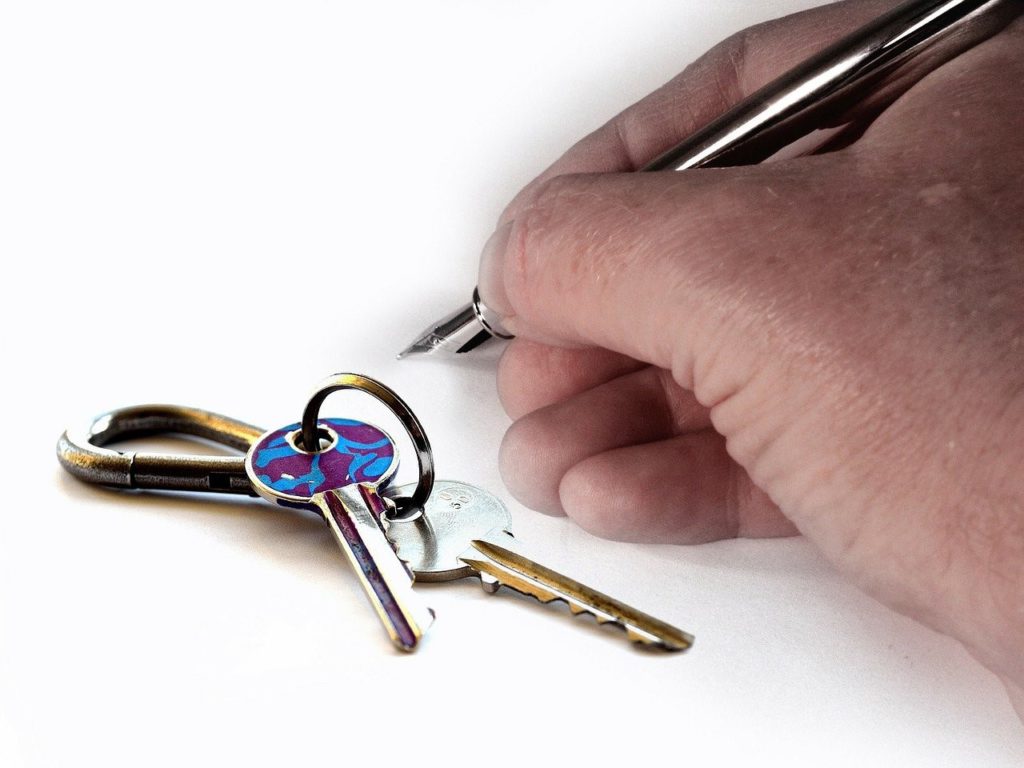
When someone dies, everything that they owned upon their death is known as their estate. Their estate can be made up of a number of different things, but some of the most common elements include:
- Their Money: This includes cash and money that they had in their bank or building society account. It might also include money that has been paid out in their life insurance policy.
- Money Owed: This includes any money that, upon the time of death people owed to the deceased.
- Shares: Any shares in businesses or other investments are included in the estate.
- Property: This could be the home that they lived in, properties they rented out or commercial properties.
- Personal Possessions: There are a number of items that could be included here, such as family heirlooms, their car or jewellery.
Money could be taken out of the estate as well. This includes money that the deceased owed someone else, for instance, to pay off their debit and credit cards, rental payments and for fuel.
Once all of the estates have been collated, it is usually then passed on to one of their surviving relatives or friends to deal with. This could be done because of instructions that the deceased laid out in their will. Alternatively, if there wasn’t a will left behind, then people would be appointed as per the rules of intestacy.
Who Deals with the Estate?
The person who ends up dealing with a person’s estate will be either the executor or the administrator. The executor is somebody who will be named in the will as being responsible for the estate. They need to apply for special legal authority before they are able to deal with the estate, this is called probate.
An administrator is slightly different as they are only responsible for dealing with the deceased’s estate under certain circumstances. For instance, if there isn’t a will in place or the executors who are named in a will aren’t willing to act. If an administrator is in charge of the estate, then they are going to have to apply for letters of administration before they are able to do anything.
There are a few exceptions, but generally speaking, if you are going to start sharing out the estate or try to get money from the estate, then it is against the law to do so until you have probate and letters of administration.
The Role of the Executor and Administrator
There are a number of different roles that the executor and the administrator are responsible for. These include the following:
- Finding and putting together all financial documentation for the deceased.
- Sending a copy of the death certificate to any of the organisations that hold money for the individual that’s passed away.
- Opening a bank account which is set up on behalf of the estate.
- Finding out the details of what money is currently owed to the estate.
- Finding out the details of what money the person who died owed.
- Working out inheritance tax and making arrangements for payment.
- Paying debts, expenses and any other fees surrounding the individuals’ death.
- Sharing out the estate to the necessary beneficiaries as has been laid out in the will.
Benefits and Tax
After someone passes away, it is important that their benefits, tax and national insurance are all sorted out as soon as possible. The deceased might have a tax that they need to pay, but on the other hand, they may well have a tax which is owed to them and their estate. After someone has died in order to work out whether they owed or were owed anything, the tax office and each government office is going to need to be informed about this person’s death as soon as possible.
If the deceased was on any form of benefits or allowance, then the Department of Work and Pensions (DWP) will also need to be notified. The best way to do this is by phoning the DP Bereavement Service, as they should be able to deal with everything. They are also going to be able to assess the benefits in question and work out whether or not the next of kin is owed the same.
Debts
The individual that has died might have left some kind of debt behind; it is important that these are paid from the estate. You will need to get in touch with the individual creditors. One of the best ways to do this is by placing a notice in the Gazette because this will inform different creditors that they can make a claim for their debt against the estate. If you fail to do this and some creditors come forward, then you may well be responsible to pay off the rest of the debt with your own money.
Probate and Letters of Administration
Depending on whether you are an executor or an administrator, you will need to apply for probate or letters of administration.
- Probate
If you are the executor, you will need to apply for probate. This is a legal document which gives you the ability to share out the deceased’s estate. Probate is not always necessary to deal with the estate as it depends on what kind of ownership the deceased had on their assets and how much the estate ends up being worth, be sure to speak with experts to check whether probate is required. You should also note that if you have been named as the executor, then you are under no obligation to act if you don’t want to.
- Letters of Administration
Sometimes, letters of administration will be required over probate. These are going to be necessary if
- There hasn’t been a will left
- There is a will, but it isn’t valid
- There have not been any executors named within the will
- There are executors named within the will, but they are unable or unwilling to act
Do You Need Help Dealing with Financial Affairs?
Dealing with the financial affairs of somebody who has passed away can be difficult, and as such, it may well be the case that you would like to enlist the help of some professionals. At Probates Online, we have a team of experts on hand who are going to be able to help you deal with the estate of your loved one, pay off the necessary debts and ensure everything is distributed accordingly. If you have any questions or want further information, do not hesitate to get in touch.









